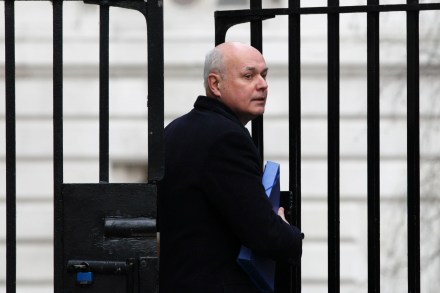A new biography of Stanley Matthews
Lords laid on a nifty do the other day for the British Sports Book Awards, which was a great reminder of the quality of so much sports writing here. The best books duly won — Gideon Haigh’s perfectly pitched On Warne (Simon and Schuster), and the Sunday Times journalist David Walsh’s biblical Seven Deadly Sins: My Pursuit of Lance Armstrong (Walsh must by now have an Armstrong-themed trophy cabinet the size of Sir Alex Ferguson’s). But if you want a tip for next year, keep an eye on my former colleague Jon Henderson’s staggeringly well-researched life of Stanley Matthews, The Wizard (Yellow Jersey Press). It’s the first unauthorised biography of




















